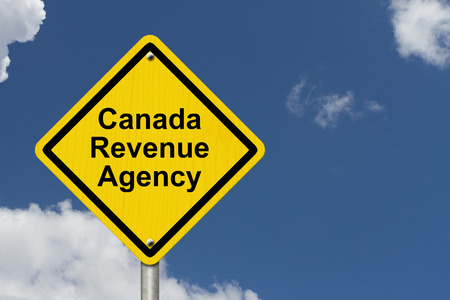Tax season is here! Hopefully, you’re pulling together your receipts (and they’re the right ones, see our article from last month) and if you’re a transit user, a parent, a newlywed or just plain gainfully employed, there are a few changes you need to know about when filing your 2017 taxes.
Your public transit pass is no longer deductible – sort of
This was introduced in 2006 and people have gotten used to using it as tax deduction. If you claimed a transit pass, you received 15% of the value back. The motivation for the government was to encourage more people to take transit and help the environment, but it didn’t have the desired effect.
People who took the TTC because it was more convenient or they didn’t own a car were receiving $150 back for transit passes they were already going to buy.
If you already drove to work, chances are that $150 wasn’t enough to make a difference. So the net result was that behaviour didn’t change and the government rewarded transit users. This credit is gone at the federal level as of June, but still exists in Ontario.
Of course, if you’re self-employed you can sometimes continue to claim transit passes on your taxes.
Fitness and Arts Credits for Kids
You may have claimed sports or arts fees on your 2016 taxes last year, but that was the last time. The credits were introduced so that lower income families could afford extra-curricular activities. The problem was the fees had to be paid up front, so if a family didn’t have the money in hand, the child couldn’t participate. The credits were really just going to those who could afford the activities anyway.
Here’s a good piece from the CBC explaining the credits in depth: http://www.cbc.ca/news/politics/childrens-fitness-tax-credit-cut-explained-1.4011081
Newlyweds
This isn’t something new for 2017, but it is something to be aware of. If you’ve been filing as a single person and receiving credits from the CRA such the Canada Child Benefit, GST/HST or Trillium Drug Program, you should realize that they’ve been calculating those benefits based on your single salary and paying you all year. If you became common-law or got married last March and didn’t let the CRA know about it, they’ll go back and recalculate your benefits based on the new family income.
If your spouse makes a lot more money, the government may tell you that you no longer qualify for the credits and may send you a bill.
Even more annoying is when the CRA claims that the amount of credit being paid out is right – but it’s being paid to the wrong spouse. If they want to fix the situation, they’ll send one of you a cheque and the other will receive a bill – with interest.
Best practice, fill out the RC65 around the time you get married or became common-law. You’d also file the same form if you separate. It’s less of an issue when you separate – usually you’d gain so they would give you money and not take it away.
Pension Plan Contributions Going Up
Starting next year, your contributions to the Canada Pension Plan are going up. It’s something easy enough for the Government to figure out – how many people are collecting CPP and do we have enough to cover it? The answer, apparently, is no.
If you retired today, the maximum you would receive if you collected CPP and OAS, would be about $18,000 to $20,000 a year. If you lived somewhere rural and had no mortgage, you might be able to get away with this, especially if you had a partner also collecting. However, it’s not nearly enough to live in an urban centre, where many of the services are that retired people need.
The increased premiums are part of two changes the government is making to CPP: The first is increasing the payments so that they’re closer to 1/3 of a person’s pre-retirement income. (Current payments are equal to 1/4). The second is that they’re raising the ceiling from $54,900 to $82,700. Right now, you make the same contribution and receive the same payout whether you’re earning $55K or $80K and clearly, 1/3 of 80K is higher than 1/3 of 55K.
The net effect of those changes will be that CPP costs self-employed people about $5,100 and will go up to about $7,000 once all the changes go in.
Here’s a piece from the Globe with some further details: https://www.theglobeandmail.com/globe-investor/retirement/cpp-reform-whats-changing-and-how-it-will-affectyou/article30551445/
If you have any questions about filing your taxes or how any of the changes impact you, please get in touch!

